Some Remarks on an Unremarkable Space Opera: Galactic Gambit by Roy C. Dudley
Galactic Gambit (Lenox Hill Press, September 1971). Cover by Herbstman
In my recent looks at less-remembered novels of the ’70s and ’80s I’ve covered some obscurish works by well-remembered writers (Phyllis Eisenstein, L. Sprague de Camp) and some obscurish works by less well known but hardly unknown writers (Gerard Klein, Mick Farren), and even some quite little known writers (Atanielle Annyn Noel).
But this time I’m trying for something truly obscure — a hardcover from 1971 that is the only novel by its writer, from a publishing company that offered microscopic advances ($300) and sold only to libraries. The only semblance of a review of this novel I could find is in the Science Fiction Encyclopedia (of course!) and it reads in full: “US printing technician and author of Galactic Gambit (1971), an unremarkable Space Opera.”
[Click the images for versions of remarkable size.]
Back cover of Galactic Gambit
The publisher, Lenox Hill Press, was an imprint of Crown Books that operated in the early ’70s, It published books in various genres, for library sales only. A couple of dozen SF books appeared from 1970 through 1972, some reprints of British books, including at least one Lionel Fanthorpe book, and some original books. The only author I recognized was Fanthorpe.
It is possible that “unremarkable Space Opera” is all the words Galactic Gambit deserves! But I will write a few more. I found this book on the free giveaway table at Readercon this year. I read it on the plane back from Confluence. All I know about the author is gleaned from the SFE: he was born in Howell, MO, on January 22, 1922, and he died 11 days shy of his 89th birthday in Wake Forest, NC; and he was a printing technician.
I take that back — I found his obituary, from the Raleigh News-Observer. It reads:
Roy Clifford Dudley, 88, of Wake Forest, formerly of St Louis, Missouri, died January 11, 2010. He is survived by his loving wife of 65 years, Ann Wurm Dudley; three sons and daughters-in-law, Tom and Page of Cleveland, Ohio, Patrick and Debbie of Wake Forest, Terry and Kathie of O’Fallon Ill; one daughter and son-in-law, Nancy and Seth Potter of Wake Forest; one daughter-in-law, Lisa Dudley of Riverton Ut; 13 grandchildren; and five great-grandchildren. He was predeceased by a son, Danny Dudley. Mr. Dudley was a WWII veteran serving with the 82nd Airborne, a Craftsman, an Artist and an Author.
(I live in the St. Louis area myself, and so O’Fallon, IL, is just across the river from me – I have actually written to the last address I can find for Terry Dudley! He has not replied, alas.)
So, onto the book itself. Galactic Gambit is indeed a Space Opera, and in the end the term “unremarkable” is not unfair. But it is, if not terribly successfully so, somewhat original. It opens with a prologue, in which an Earth starship, the Star Wolf, is returning from “Universe five, Planet Y”. There are three people on board, in suspended animation — a couple and their young child. Some sort of space creature encounters the starship, and infiltrates it — it’s possibly a danger but doesn’t seem to understand human life, and it becomes intrigued by the child.
Then the focus shifts to “Vice Commander Aleric, squadron commander of Galaxy Squadron Thirty-seven,” on the bridge of his flagship. He is managing a battle against the enemy at a planet called Antet, and along with his Assistant Commander, a woman named Pasha (there is a hint that this future is to some extent descended from a Muslim population) he is planning an unconventional attack, in hopes of breaking an ongoing stalemate.
Also involved are the beautiful young Ensign Ellena, who is in charge of central defensive fire control on the flagship, assisted by the rebellious Gunner Reilly, just out of the brig. The other key figures are another ensign, Elaina (the confusing similarity of the names of the two ensigns is something any editor should have fixed), and a Commander Aba.
The battle at Antet is described at length — probably too much length, though the description isn’t terrible, and one wonders if Dudley’s war experience in the 82nd Airborne, one of the most celebrated US Army divisions, contributed. But even as the results of the battle are not clear, an emergency arises– an anomalous ship has been detected. Things are complicated by the presence of higher brass, most of whom are too stuck up or too politically motivated to realize the brilliance of Aleric and his fellows.
But, no matter, Aleric goes off to confront the problem of the strange ship — which of course is the Star Wolf. It soon becomes clear that there is something terribly dangerous on the ship — the space creature. Aleric and his fellows — now neatly organized into three couples — must find a way to make the space creature understand humans, instead of just destroying them. And, in the process, they sacrifice themselves in a sense — in that they transcend, if you will, into unique beings, a sort of gestalt, but no longer quite human.
There’s a lot of guff in the depiction of all this, and it honestly doesn’t make much sense. But there is something there — some potential — that could have been quite intriguing if developed more carefully. Roy Dudley never sold another novel or story as far as I know. And Galactic Gambit is no great shakes. But I can’t help feeling that he accomplished something not many people can do — he had a novel published professionally, not a great novel but a novel he seems to have put something real of himself into.
Rich Horton’s last article for us was a review of In the Hands of Glory by Phyllis Eisenstein. His website is Strange at Ecbatan. Rich has written over 200 articles for Black Gate, see them all here.
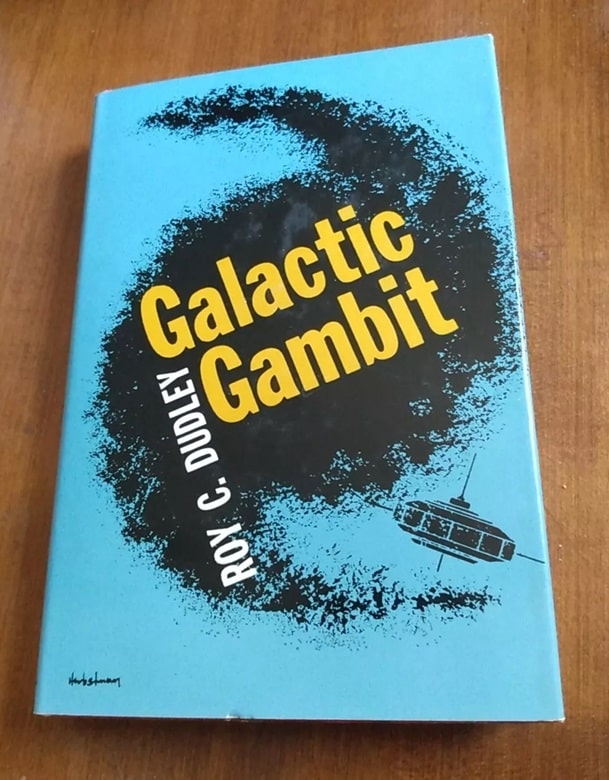
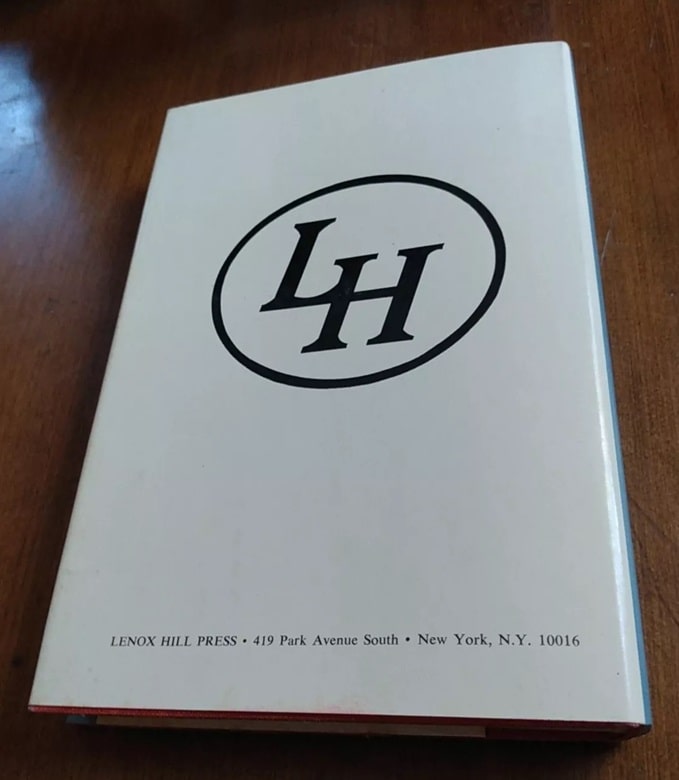
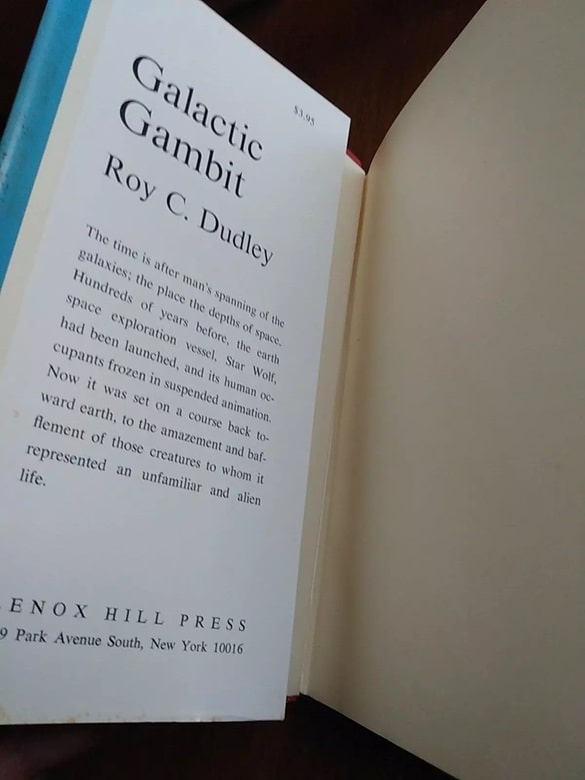
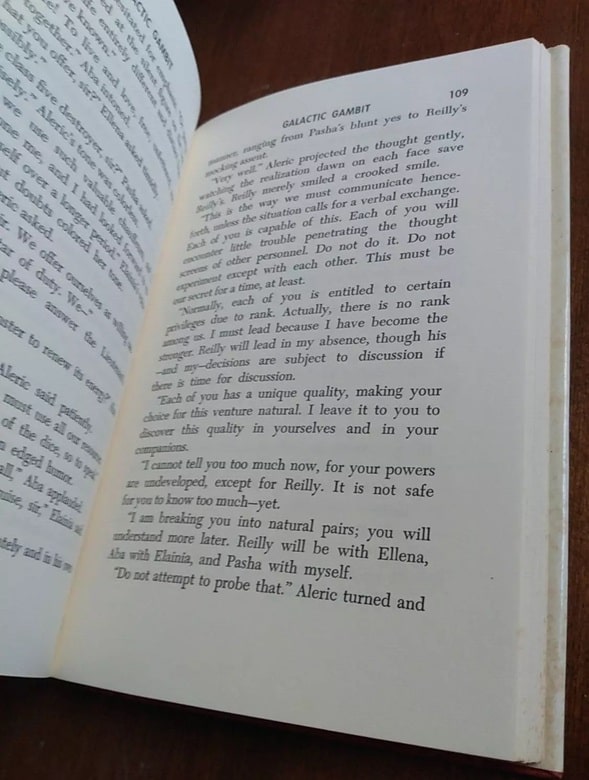
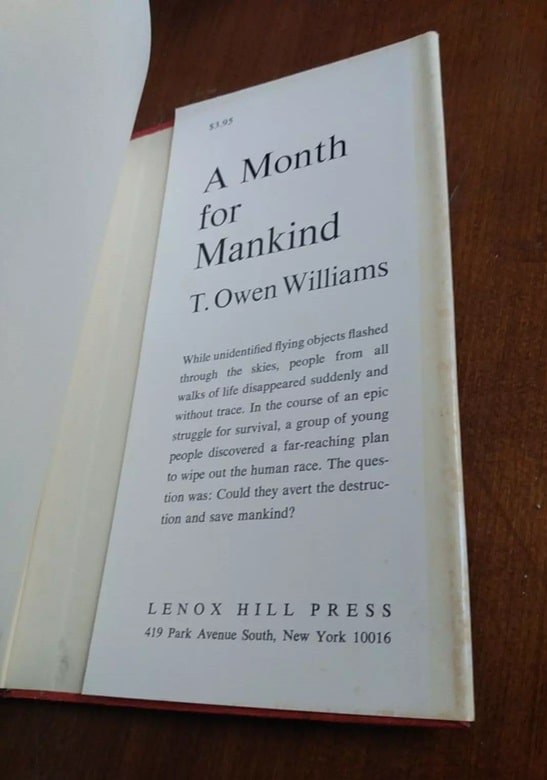
Not having written a “remarkable” space opera, I guess even an unremarkable one is something of an accomplishment.
It at least says something about the value of physical books as durable objects. More than fifty years after Galactic Gambit was written and published, someone – you – could still find it, pick it up, read it, derive what you could from it, and render your judgment on Mr. Dudley’s achievement.
I like that.
Attention must be paid. Good job, Rich!
If you feel the SFE entry could be usefully expanded, please let us know!
I take a look — I could probably add a brief sentence describing the novel.
I note that the cover artist, (Martin) Herbstman, adds his bit to the unremarkability; per the Internet Speculative Fiction Database, he produced some eighteen specimens of cover art over two decades, and seems to have specialized in bland and largely monochromatic images of galaxies (as here), comets, planets, stars, and the like. Most of his work, from 1965-1971, seems to have been on books by equally unremarkable authors, for Arcadia House and Lenox Press, though there is a small cluster of earlier covers for Twayne and Shasta from 1951-1953, on books by Fletcher Pratt, L. Sprague de Camp, and Alfred Bester.